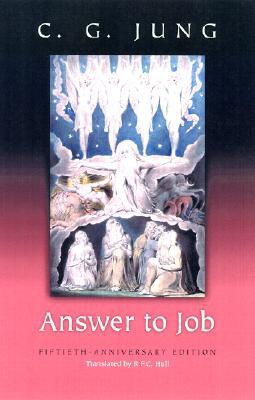Archetypes and the Collective Unconscious: by C. G. Jung
A Synopsis by Shane Eynon, PhD (Centre for Applied Jungian Studies and the Philadelphia Association of Jungian Analysts) Archetypes and the Collective Unconscious is Part 1 of Volume 9 in The Collected Works of C. G. Jung, a series of books published by Princeton University Press in the U.S. and Routledge & Kegan Paul in the U.K. Three essays establish Jung's theory. They are followed by essays on specific archetypes and a section relating them to the process of individuation. The volume includes...


